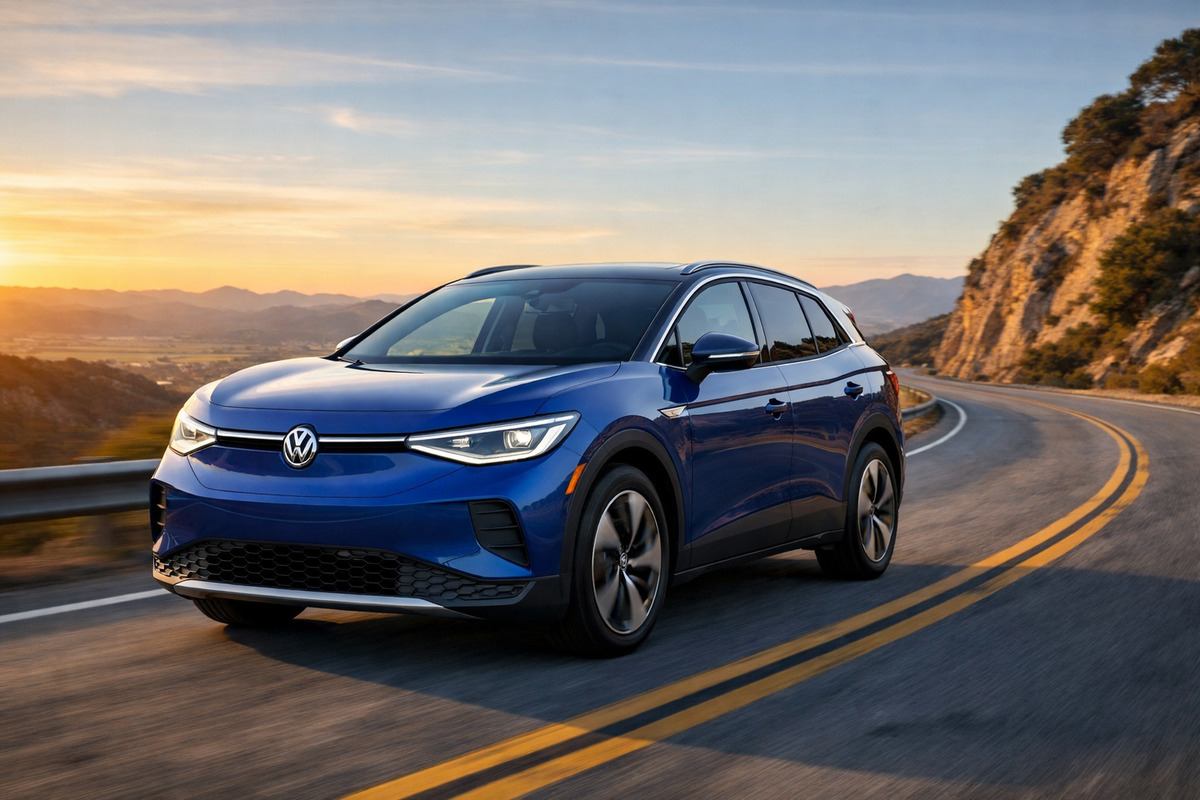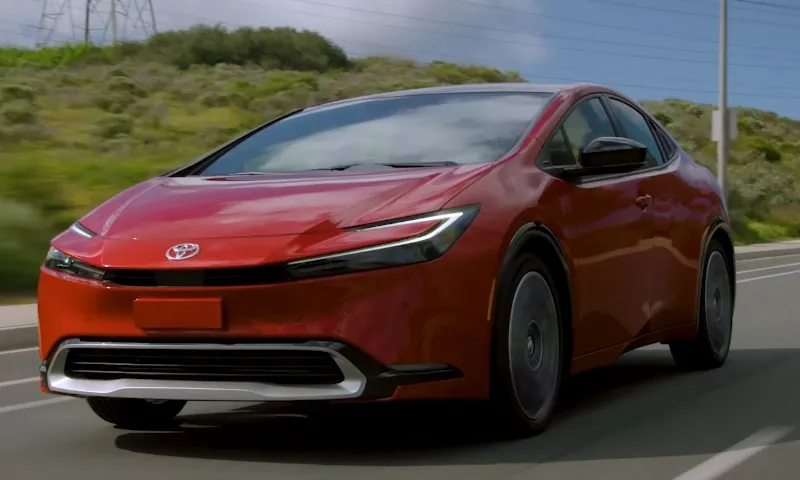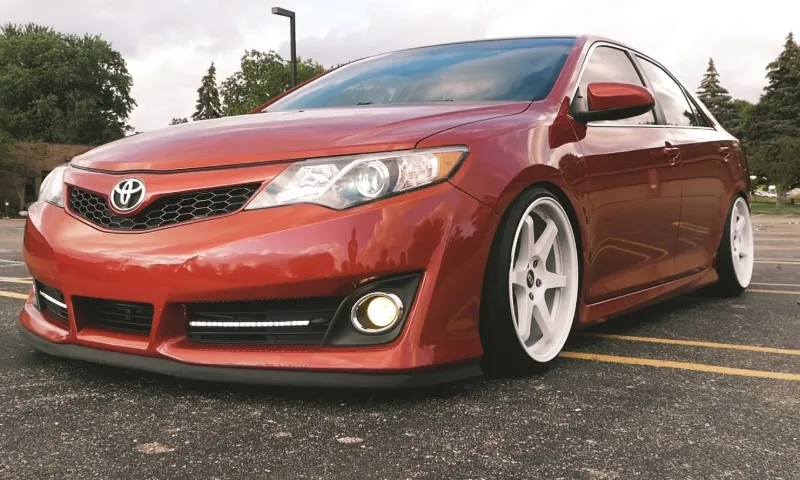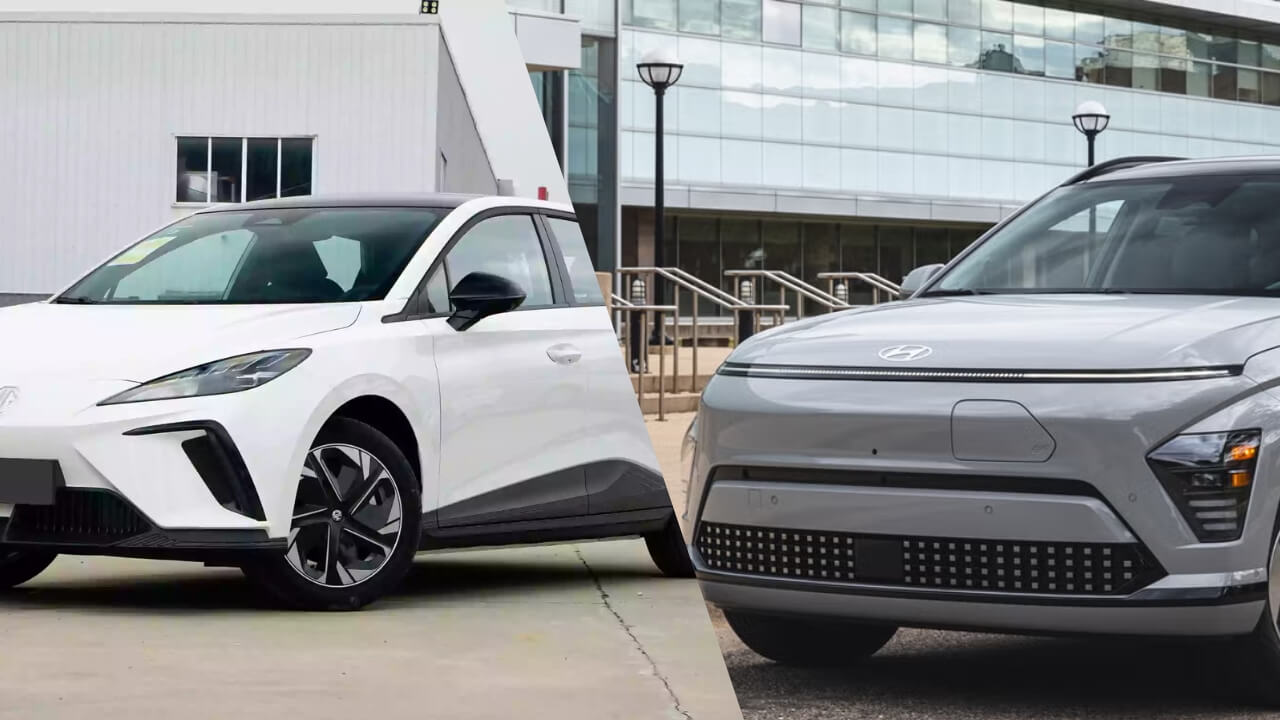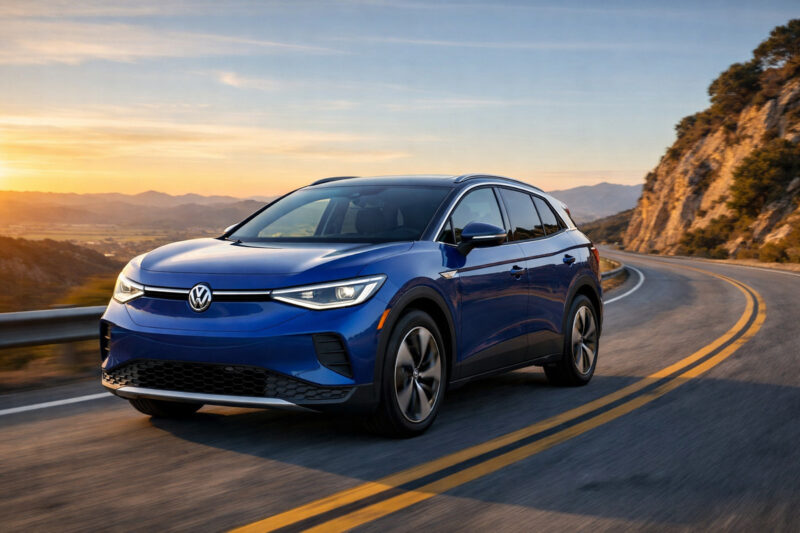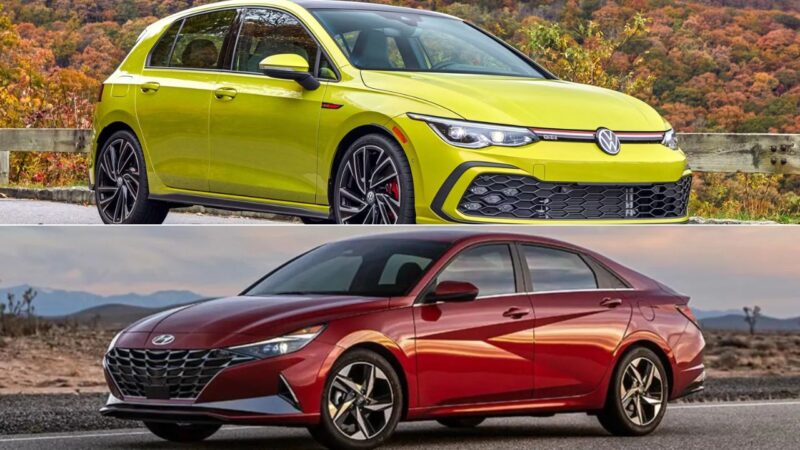
Share Post:
Thinking about your next car can be as exciting as it is challenging. Hatchbacks and sedans are two of the most popular options out there, each with its own unique perks and quirks.
If you’ve been caught in the middle of this decision, let’s break things down together—after all, choosing a car isn’t just about getting from point A to B, it’s about how you get there.
Table of Contents
ToggleDesign and Structure
The difference between a hatchback and a sedan starts with how they’re built. Each one has a distinct shape that caters to different needs. Many carmakers will offer a single model in both hatchback and sedan configurations. Honda Civic is one of the best examples.
Sedan
Picture the classic car shape. Sedans have a three-part structure—the engine at the front, a cabin for passengers in the middle, and the trunk at the back.
This separation gives sedans an elongated, stylish profile. They’re often seen as a bit more elegant, almost like they’re wearing a tuxedo to the party.
Hatchback
In contrast, hatchbacks go for a more compact, two-box design. The passenger and cargo areas are combined, with a rear hatch that swings up when you need to load or unload.
This integration makes hatchbacks look sportier and lets them pull double duty—carrying people and cargo with impressive ease.
Let’s Talk Practicality
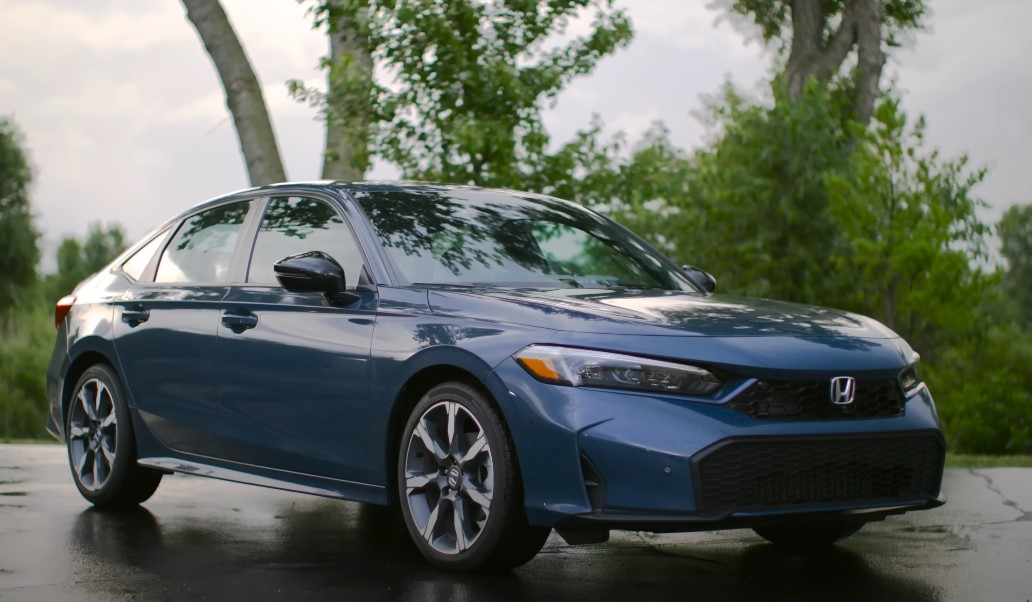
Sedan for the Smooth, Quiet Ride
- Classic Aesthetics: Sedans carry a more sophisticated look. If you prefer something that feels classy, that distinct separation between trunk and cabin gives it a streamlined, formal vibe.
- Noise Control: Since the trunk is entirely separate from the passenger area, there’s less road noise finding its way inside. This setup means a quieter ride, which is great for those longer drives when you want peace.
- Efficient Climate Control: With the trunk isolated, cooling or heating the passenger cabin is often quicker and more efficient. You don’t have to condition a big open space—just the part where people are sitting.
- Security: The trunk is sealed off, making it easy to keep your valuables out of sight. No need to worry about peeking eyes at a stoplight.
- Limited Cargo Flexibility: The fixed trunk is not exactly the most spacious for bigger, awkwardly shaped items. A long lamp or a bulky box might just not fit.
- Maneuverability: With a longer body, sedans can be trickier to handle in tight spots. Parking in cramped city streets? It might take a bit more finesse.
Hatchback Is Compact and Can Be Full of Surprises
- Flexible Cargo Space: Hatchbacks shine when it comes to adaptability. You can fold the back seats down and, voila, you’ve got a mini moving van. This makes them great for those spontaneous trips to Ikea or whenever you need extra space for a new project.
- City-Friendly Size: Generally shorter in length, hatchbacks are incredibly easy to park and maneuver. Living in a city where parallel parking is a daily exercise? The compact size of a hatchback might save you some headaches.
- Better Rear Visibility: The design of a hatchback usually means larger rear windows. This translates to better visibility when reversing—a plus for anyone who’s ever been nervous about backing up.
- More Noise: Since the cargo area is open to the rest of the cabin, you might notice more noise coming from the road or whatever you’re hauling. It’s not unbearable, but something to think about if you value a quieter ride.
- Security Worries: Items in the back are visible through the rear window, which could attract unwanted attention. If you tend to carry valuable stuff, it might need some careful concealment.
Performance and Efficiency
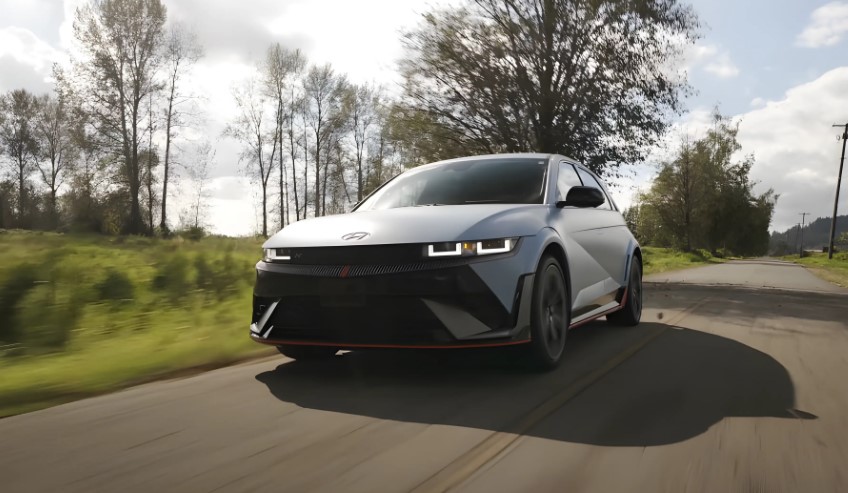
When looking at efficiency, sedans usually have a slight edge in terms of fuel economy. Their sleek, elongated design often means they cut through the air a little better.
But the difference isn’t monumental—you’re not likely to see a huge gap at the gas pump. Hatchbacks, on the other hand, often feel zippier.
They’re built for agility, especially in urban environments. Their shorter frame means quicker handling, which is a blessing when weaving through city streets or squeezing into that tight parking spot.
Safety & What to Keep in Mind
Sedans can offer a bit more protection in rear-end collisions. The trunk acts as a buffer zone, putting some extra distance between the back bumper and the rear seats.
Hatchbacks come with the perk of better visibility—those larger rear windows let you see more of what’s going on behind you, which helps when preventing accidents before they happen.
Costs and Resale Value
The initial cost can swing either way depending on the brand and model. In some regions, hatchbacks tend to be pricier because of their versatility.
And when it comes to resale value, hatchbacks often hold up well, especially in areas where their adaptability is highly valued.
Key Considerations for Choosing
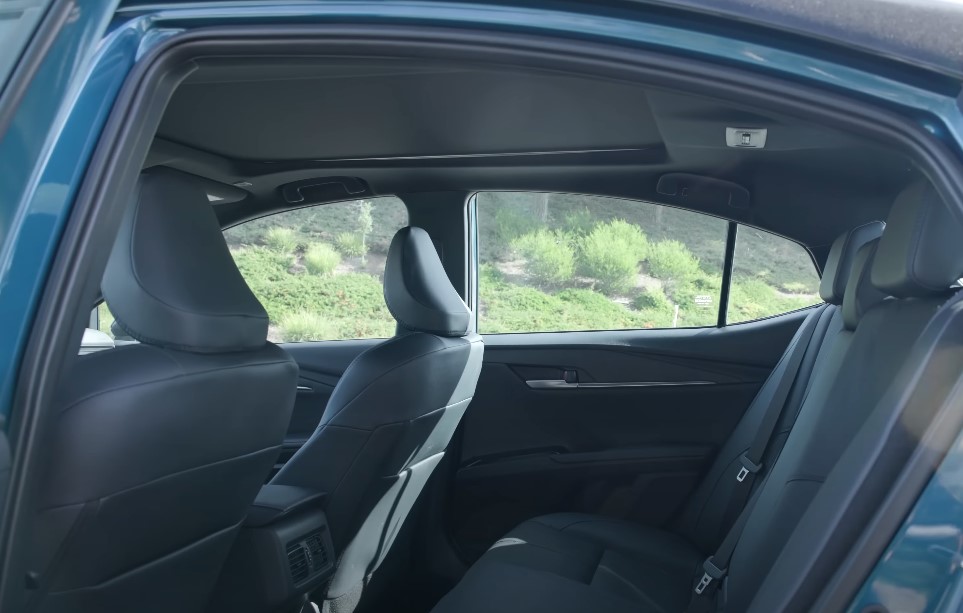
When picking between a hatchback and a sedan, consider what kind of life you live and how your car fits into it.
Cargo Needs
Are you the kind of person who often finds themselves hauling furniture, gardening supplies, or a mountain of sports gear?
Hatchbacks make life easier with their adaptable cargo space. If it’s not just groceries but also a couple of big boxes every now and then, the hatchback wins.
Passenger Comfort
Sedans tend to offer a bit more legroom and can provide a quieter cabin, especially for rear passengers. If you often have family or friends in the back seat, a sedan could be the way to go.
Driving Environment
For those who spend a lot of time driving in the city, the hatchback’s compact size and agile handling will be appreciated.
On the other hand, if you’re often on the highway or taking long road trips, the more isolated trunk and smoother ride of a sedan might provide more comfort.
Fuel Efficiency
Though sedans typically come out ahead here, the difference isn’t game-changing. Both hatchbacks and sedans have fuel-efficient models, and your real-world mileage will depend more on driving style and conditions than on design alone.
Which One Is Right for You?
So, which car fits your lifestyle best?
Go for a Sedan If…
- You love the classic, refined look and feel.
- You prioritize a quiet ride and enhanced comfort for rear passengers.
- Security for your cargo is a top concern.
Opt for a Hatchback If…
- Versatility is key—you’re always carrying different loads, from groceries to furniture.
- You live in the city and want something that’s easy to park and maneuver.
- You appreciate a sportier look and need a car that’s ready for anything.
Final Thoughts
At the end of the day, there’s no one-size-fits-all answer. Both sedans and hatchbacks have their own charm and advantages. Think about your daily needs, where you’ll be driving, and what matters most to you.
Perhaps it’s that classic, quiet comfort of a sedan, or maybe it’s the adaptable, city-friendly hatchback that wins you over. Choose wisely, as both variations are significant investments.
Related Posts:
- Buying a Car with a Rebuilt Title in 2025 - Pros,…
- The Pros and Cons of 32 Amp vs. 40/50 Amp EV Chargers
- Is Synthetic Oil Really Worth It? Pros and Cons Compared
- Should You Really Buy a Car Online? Pros & Cons Explained
- Difference Between 265 and 285 Tires - Which Size to Choose?
- MG4 EV Hatchback vs Hyundai Kona Electric - Which…




